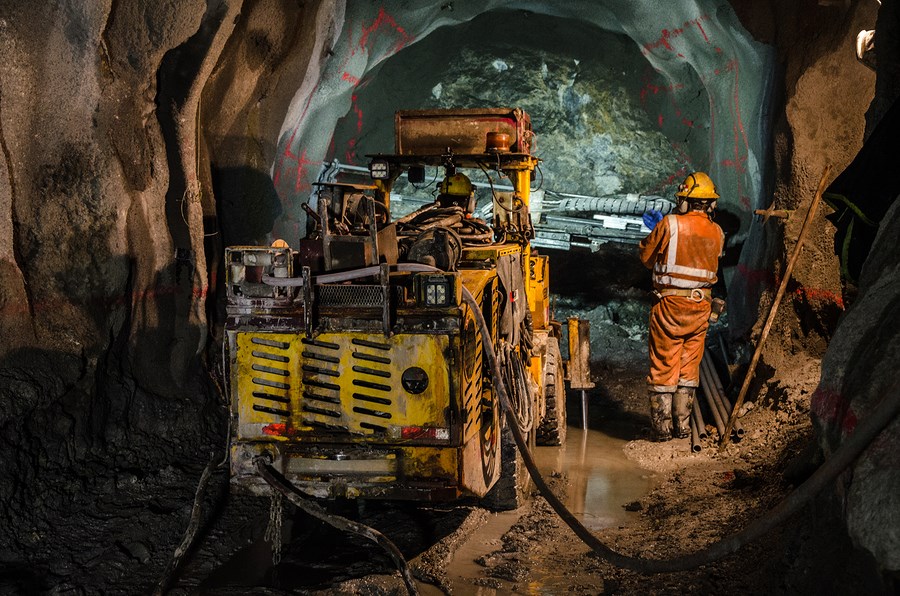Flin Flon’s biggest employer has announced plans to shut down operations in the community within three years.
In a memo circulated to Hudbay staff on Nov. 26 and supplied to The Reminder, Rob Assabgui, vice president of Hudbay’s Manitoba Business Unit, told workers that some of the worst fears for Flin Flon’s mining operations may be realized.
”We have to be honest: after mining for 90 years in the Flin Flon area, we now know that we won’t have an anchor mine to replace 777 and sustain operations in Flin Flon the same way they are today,” said Assabgui in the statement. “Despite a lot of work over the past few years, the most likely scenario is that mining operations will cease in Flin Flon in 2021. As a result, the Flin Flon mill will also cease operations.”
It is unknown how many jobs will be lost due to the shutdown. Assabgui said that he did “not have all of the answers at this moment” in the memo and pledged to “communicate regularly and clearly” with Hudbay workers.
Assabgui states that efforts to extend the lifespan of 777 by finding new ore sources at the mine have seen some success, pushing the mine’s lifespan from 2019 to 2021, but are unlikely to postpone the inevitable any further.
The Flin Flon zinc plant, which was designed for a throughput of around 200,000 tonnes of concentrate each year, is also likely to be shut down. By 2022, ore from Lalor mine near Snow Lake would be the only supply for the Flin Flon zinc plant, cutting the plants’ feed in half.
“The most likely outcome is that the zinc plant will also close in 2021,” writes Assabgui.
With closures at both Reed mine and 777 mine having already occurred or being projected, Hudbay had previously proposed a “three pillar plan” to soften any impact on workers and communities. Two of the three pillars – increasing production at Lalor mine and the Stall mill – have seen success, but the final pillar, finding a way to continue operating the zinc plant, is unlikely to materialize as planned.
“Continued operation doesn’t look feasible. The sensible thing to do at this point is plan ahead under the scenario with the most probable outcome, which at this stage is not having sufficient feed for the Zinc plant post 777 mine closure,” said Assabgui.
Initial reports of job reductions at the Flin Flon mine site became public last year. A January 2017 story by The Reminder stated job losses would begin either in 2019 or 2020, with between 500 and 900 jobs being either reduced or moved elsewhere, including 200 layoffs.
In the memo, Assabgui said the company would shift employment to facilities around Snow Lake, including the Stall mill, Lalor mine and a refurbished New Britannia Gold mill.
“We anticipate offering training to help people transition to future roles, but we also expect that job loss will be part of the outcome,” said Assabgui. “Even though we do not have all answers at this moment, the respectful thing to do is to start the planning process for an orderly transition to a smaller mine and mill operation based in Snow Lake.”
The company’s biggest hope for maintaining current supply levels of feed to the Flin Flon zinc plant is the Pen deposit, an area located seven kilometres from Lalor mine. However, any mine at the Pen site is estimated by Hudbay to be similar to Reed mine and would only be a “limited, short-term solution.”
After the shutdown of Hudbay’s Reed mine this past summer, Assabgui announced Hudbay would begin a $10-million exploration program to find another anchor mine in northern Manitoba. The company will continue exploration in northern Manitoba, but is unsure if it will achieve desired results.
“We don’t have any firm basis to believe exploration will yield a timely solution at this point and we don’t want to give anyone false hope,” reads the memo.
In response to the announcement, all seven major unions representing Hudbay workers have unified as one unit, according to IAM Local 1848 president René Beauchamp. The Reminder had not received a response from the union as of press time.




